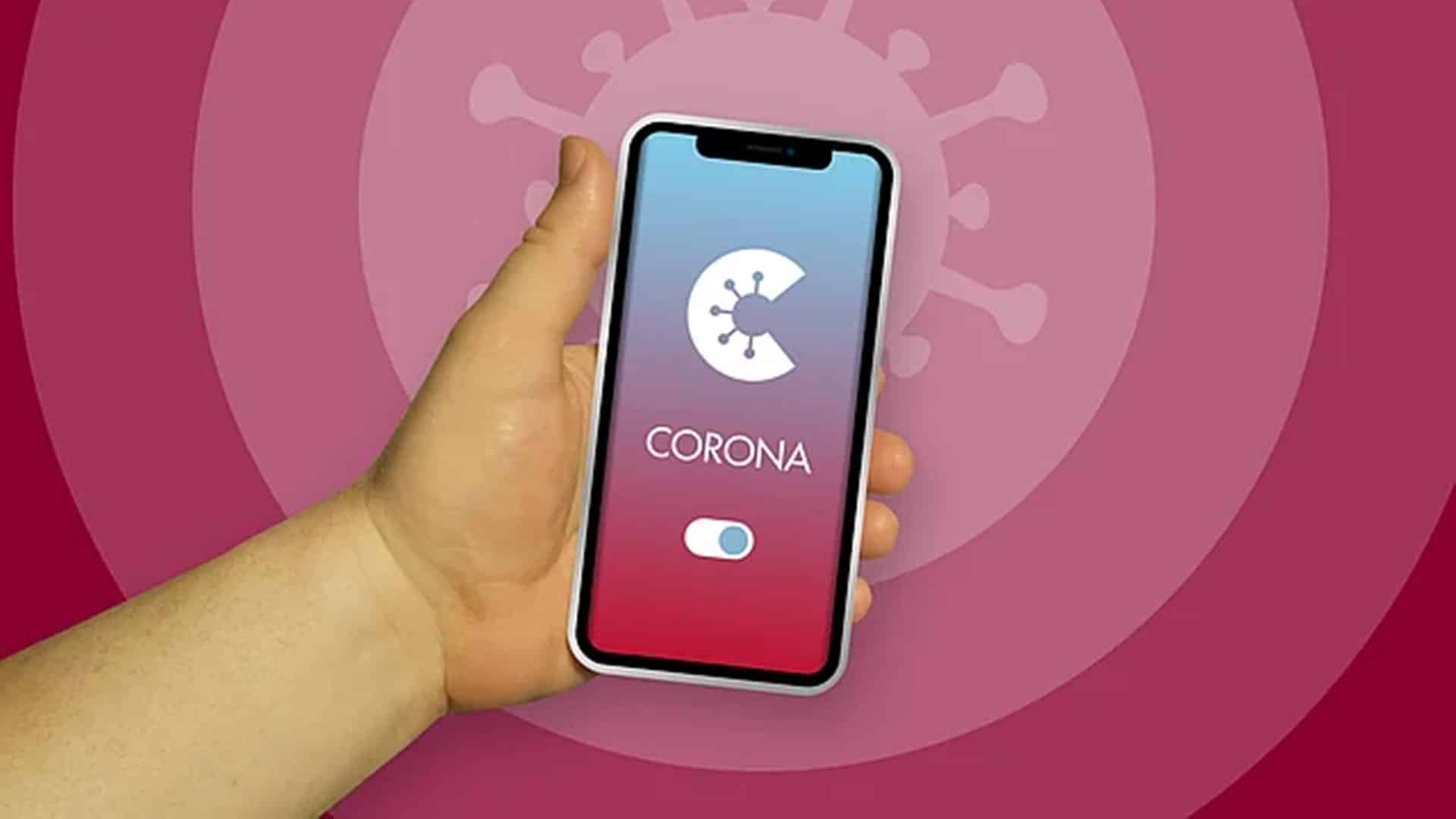COVID19
Swab samples from smartphones can accurately detect Covid-19 infection: Study
A group of scientists have devised a non-invasive and cost-effective method to detect COVID-19 infection. The researchers from University College London (UCL) examined swabs from mobile phone screens instead of directly from people using the approach known as Phone Screen Testing (PoST). They found swabbing smartphones screens for the virus detected the infection by upto 100%.
The study, published in eLife and led by Dr Rodrigo Young (UCL Institute of Ophthalmology), analyzed swabs from smartphone screens rather than directly from people, and found that people who tested positive by the regular nasal swabbing PCRs were also positive when samples were taken from phone screens. The new approach detected coronavirus on the mobile phones of 81% to 100% of contagious people with high viral load, suggesting it is as accurate as antigen lateral flow tests. This may offer an alternative to “physically unpleasant” swabs, which have to be inserted up the nostril or rubbed against the tonsils, putting some people off the test.
The PoST is an environmental test, rather than a clinical test, and it is both non-invasive and less expensive than a traditional nasal swabbing PCR. This means not only is it suitable for rollout in lower-income countries, but it also removes the discomfort of current COVID-19 testing options, potentially increasing take-up of regular testing among the general population, researchers said.
“PoST is a method that would not only make COVID-19 mass testing much easier but could also be used to contain outbreaks of new naturally occurring and man-made viruses, to avoid future pandemics,” said Rodrigo Young from UCL Institute of Ophthalmology.
Also Read: Covaxin: Bharat Biotech submits phase 3 trial data; DCGI expert panel meet today
The researchers noted that globally active screening for COVID-19 is still a priority as new variants keep emerging and the vaccination rollout is not guaranteed in many countries. However, testing is expensive and can be physically unpleasant, both of which are significant hurdles on the road to an effective test and trace system, they said.










































